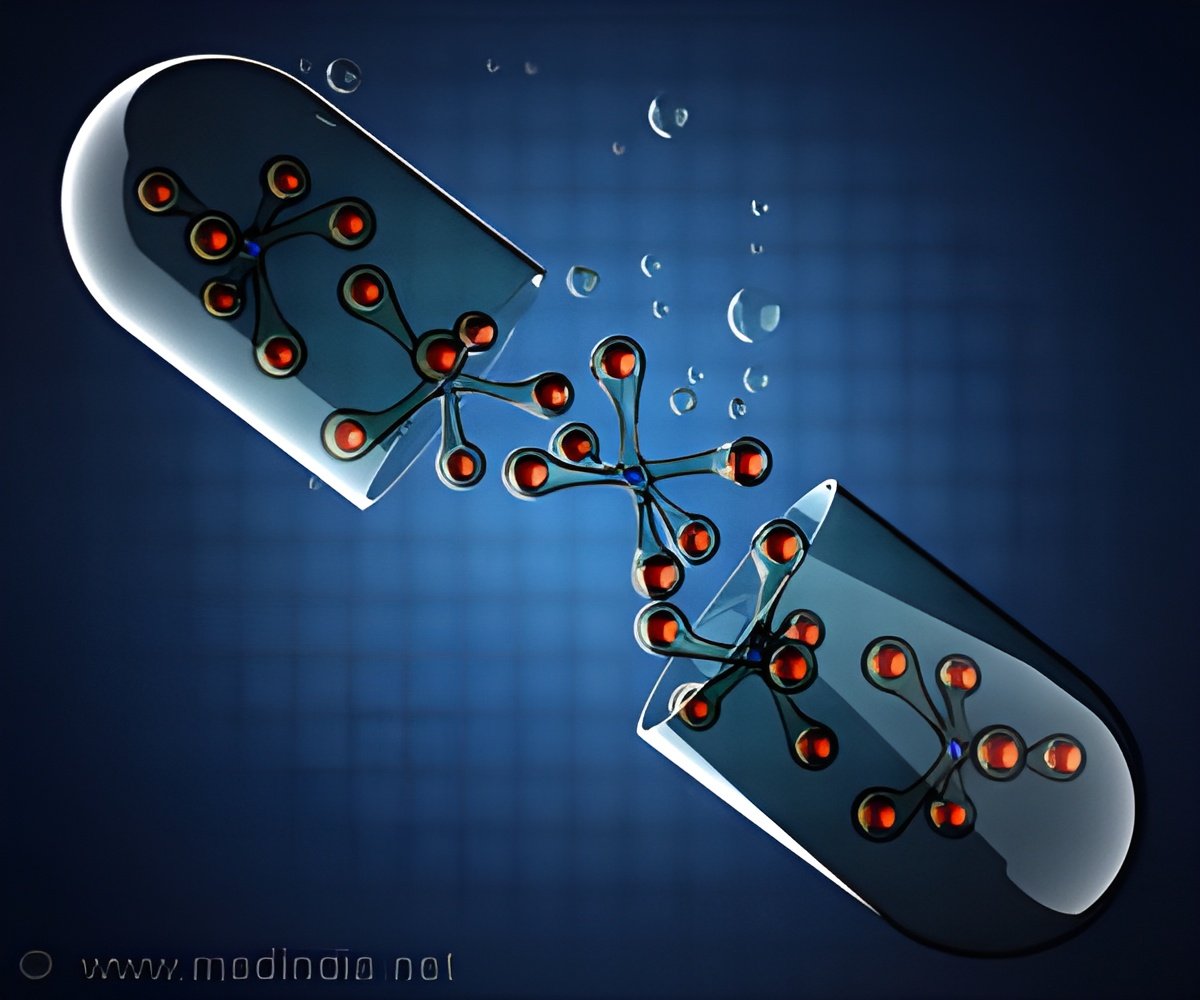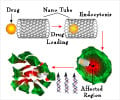Scientists have demonstrated neuroprotection in a Parkinson’s mouse model using new techniques to deliver drugs across the naturally impenetrable blood-brain barrier.

‘Scientists developed a platform that may eventually be used to deliver a variety of drugs to the brain. They are currently looking at neurodegenerative disease, but there is potential for the technology to be expanded to many other conditions.’





“We are developing a platform that may eventually be used to deliver a variety of drugs to the brain. Although we are currently looking at neurodegenerative disease, there is potential for the technology to be expanded to psychiatric diseases, chronic pain, seizure disorders and many other conditions affecting the brain and nervous system down the road,” said senior author Benjamin S. Bleier.Researchers at Massachusetts Eye and Ear/Harvard Medical School and Boston University delivered glial derived neurotrophic factor (GDNF), a therapeutic protein in testing for treating Parkinson’s disease, to the brains of mice.
The scientists chose to test their delivery method with GDNF as the therapy has been shown to delay and even reverse disease progression of Parkinson’s disease in pre-clinical models. The study was funded by The Michael J. Fox Foundation for Parkinson’s Research (MJFF).
“Brain diseases are notoriously difficult to treat due to the natural protections the body builds against intrusion. Dr. Bleier’s group has identified a potential avenue to pass that barrier, and we look forward to the next stage of research to further test its utility in people with Parkinson’s disease,” said Jamie Eberling, Ph.D., senior associate director of MJFF research programs.
The study was published in Neurosurgery
Advertisement
Source-Medindia













